How long will you be out?
This is the criteria you likely need to consider first. If you have a family, or someone you need to come home to, the following questions are usually less important than this one.
Jobs can vary from daily to monthly, meaning that you will work for possibly months at a time before coming home. Also I’d like to reference here that your home time is usually representative of the time you spend out over the road.
For example:
- 1 month (OTR) = 4-5 days off
- Two weeks/14 days (OTR or Regional) = every other weekend off
- Monday – Friday (OTR or Regional) = weekends off
- Work Daily (Local) = Nights off and maybe weekends
These are by no means concrete examples for any company, but they should give you an idea of the type of job you might be looking for in terms of local, regional, or over the road.
You need to make sure and talk to your possible future employers about their guaranteed home times.
It is also important to recognize that most of the time, if you have a new CDL, and less experience, you have to do your time before you can get the jobs with better home times. This is not to say that you will not find any jobs with good home time as a new driver, but they are few and far between.
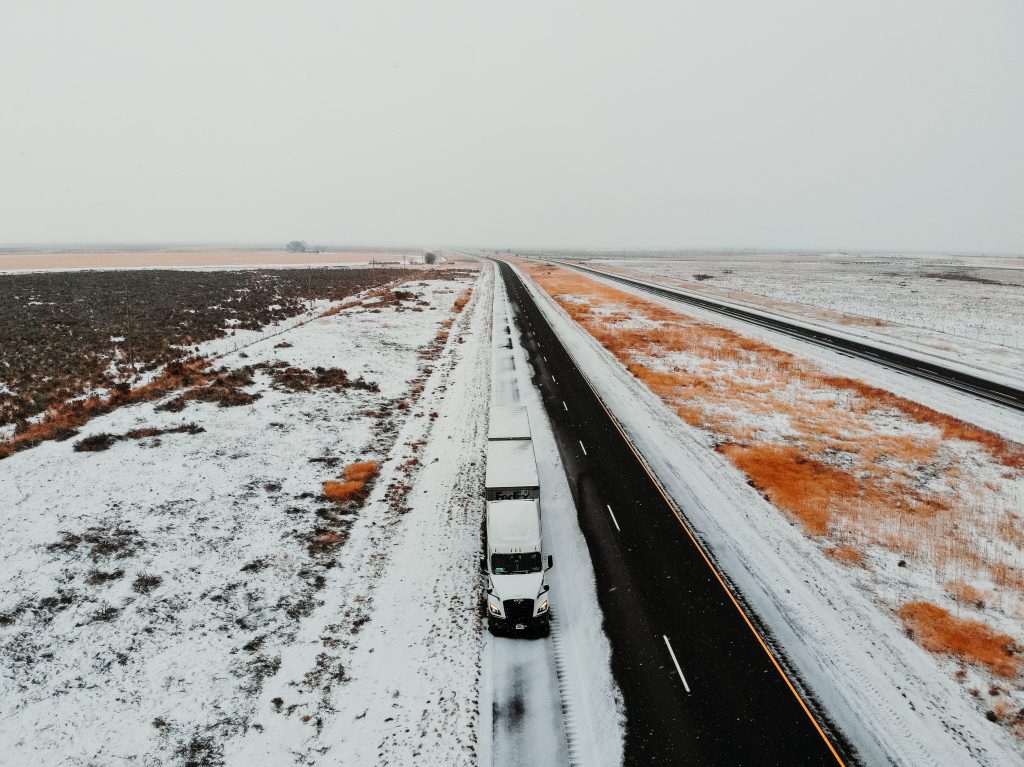
What will you be paid?
Usually the pay is based on your experience, and the job to be performed. If you are doing a job that requires endorsements you can usually expect to be paid more for those positions.
Payments that need to be considered:
Mileage
Many companies pay per mile. This is a combination between the miles they can offer you and how much they will pay for those miles. Pay per mile is relative to the amount of miles you can possibly run.
Some companies will offer you a minimum amount of miles they can offer you at a set mileage pay rate.
They can also offer you bonuses that will be back paid for miles ran over a set amount.
For example, a company may offer you 2500 miles a week at 40 cents a mile. If you run over 3000 miles you may be back paid 3 cents for all the miles you ran that week, as a bonus. So instead of 40 cents a mile you will make 43 cents a mile.
Load Percentage
Instead of being paid per mile a company may pay you with load percentage. This is usually for lease purchase drivers, or owner operators, but it is another common form of payment. It is important to do your math when it comes to any form of pay.
You need to make sure you are getting fair pay for your work. With the cost of fuel and maintenance for non-company drivers it is important to weigh all variables in your choice.
Breakdown
If you breakdown for any reason you should know if your company provides a form of compensation for your down time. This can come in many forms.
You may be paid hourly after a specified amount of time, or you may be paid at a daily rate. Whatever the payment method you should be sure that your company provides some sort of breakdown compensation.
Layover/Detention
Layover or detention generally describe the period of time you are available to run, but cannot due to a shipper or receiver.
If you are waiting to be loaded or unloaded at a shipper or a receiver for a significant amount of time, then you may be eligible for layover pay.
These criteria will be laid out by your company, and it may be important to familiarize yourself with them. Be aware because companies, a lot of the time, will not grant you this pay unless you ask for it.
Know the payment systems in place, and don’t be afraid to use them when necessary. The company is not looking to pay you more, so you need to look out for yourself here.
Vacation
Some companies offer a paid vacation. This should not make or break your decision, but it should be something you are aware of if it is offered.
Holiday
Some companies will offer federal holiday pay. This pay may be increased for those who work on holidays, and may be a day paid regardless if you work or not.
Payment plans differ from company to company. If you are working on a holiday it would be nice to know if you are compensated for it.
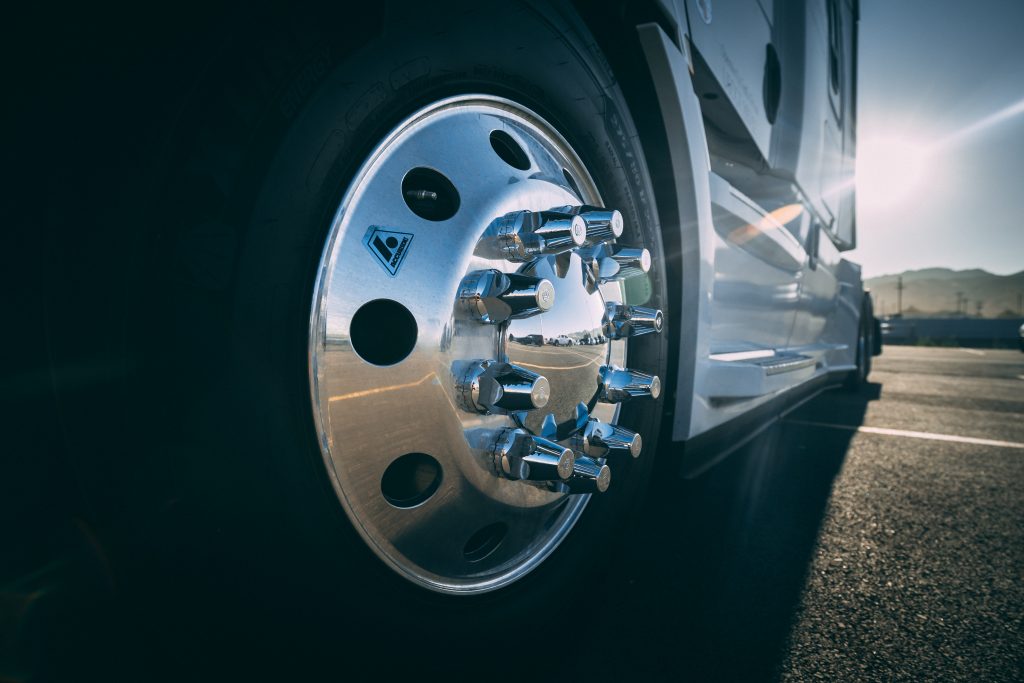
Is there training involved?
Training is going to be a part of your hiring process no matter what company you choose to go with. The length of training is usually at the discretion of the company.
They may also have requirements that are standard to their hiring process.
For example:
- A major company may have a blanket training process regardless of your experience. This could be a certain number of hours, or days with a trainer. These requirements are usually defined by insurance requirements, but regardless they are a general requirement for everyone who is to be employed.
- A smaller company may offer different pathways of training. You may be offered training by your preference. If your experience is good in the type of position you are applying for, you may be offered just a run down of the equipment, and the processes the company uses. You may also be offered a ride along for a few days, or a week, to give you a better understanding of the job you will be performing.
Regardless of the training offered this should not be the main decision making information you obtain, but it is an important thing to consider.
Sometimes you have to first go through some not-so-fun processes to get the chance to do the job you want. This is especially true for new CDL holders.
If you plan on going with a mega carrier make sure to check out my articles What To Expect On A Trainer’s Truck, and What To Bring On Your Trainer’s Truck.
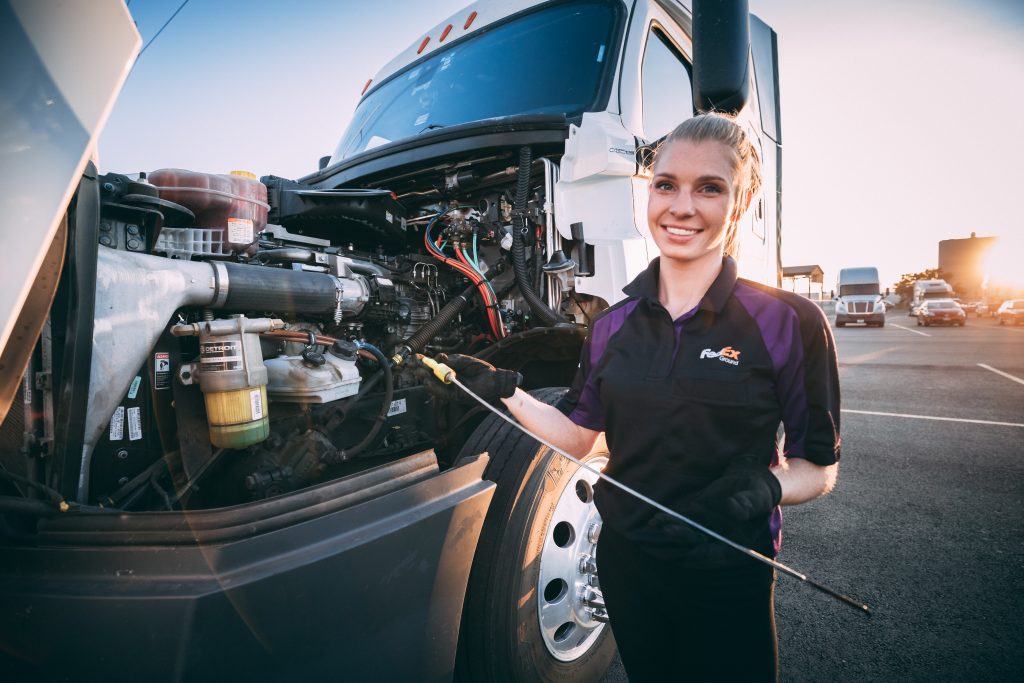
What is the general condition of the equipment?
When I say general here, I mean general. I am not referring to those few, brand new, super awesome looking trucks a company might advertise on their websites or flyers. What is the average driver using on their day-to-day duties?
Be aware that even when a company might have a large number of newer nicer trucks, generally persons with a newer CDL with little experience may be placed into an older truck.
An important thing to remember for new drivers with little experience is that you are a liability for many companies. You need to do your time to prove your abilities. With time paid, and a good record, you can move into better equipment. You may also do your initial time with one company, and then transfer to another.
The path is up to you. Quality of company equipment, especially trailers, can make the difference in the amount of miles you drive, as well as your safety over the road.
Even though the equipment condition is in the control of the company, any ticket or points you may receive on your license for hauling non-roadworthy equipment will be yours.
Of course the company’s CSA score will suffer as well, but be aware that these points placed on your license will follow you for years after the fact.
This is why pre-tripping all of your equipment is important every time. You have to constantly look out for yourself regardless of the age of the equipment.
From experience I can tell you that brand new equipment can fail just as often as old equipment. It is important that you carefully look over your equipment before a trip, as well as during your trip.
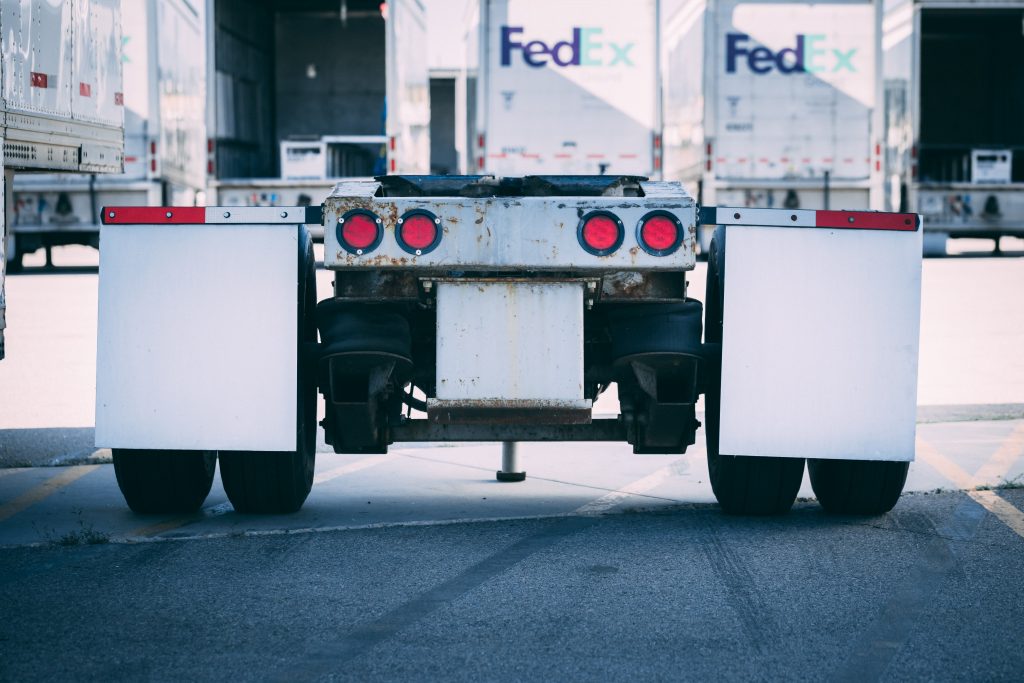
What type of payloads do they haul?
Some payloads require you to have endorsements on your CDL in order to haul them. Endorsements are usually acquired by purchasing a written or computer administered exam at your state DMV.
Endorsements can allow you to earn more for particular loads, but not always. I have listed several load types that you may come across in your job search. This is by no means an exhausted list.
Hazmat (Endorsement)
Hazmat loads are loads that contain some level of hazardous material. This hazardous material can vary in danger it poses. In almost all cases where a load requires placards, the driver will be paid more to haul that load.
Tanker (Endorsement)
All tanker loads require an endorsement, some also require a hazmat endorsement. You must determine what you are willing to haul, and what you have the experience to haul.
Flatbed
Flatbed companies usually require a specific physical agility test. With that being said flatbed loads usually require a lot of labor. Tarping loads is not for everyone especially if you have a fear of heights.
Dry Van
Dry van are the most common loads you will find especially when you are just starting out. They are generally easy to come by, and there is not much to handle, unless your particular job requires unloading.
Doubles or Triples (Endorsement)
Most of these jobs will be doubles only, triples are usually reserved for those with more experience. These jobs require a significant amount of physical labor as well. Hooking up several trailers is not an easy task, and requires patience and strength.
Intermodal
Intermodal is a term used to describe loads that are transported via various methods of transportation to get to their destination. Usually, in the trucking industry, this refers to the metal intermodal containers that you will pick up at a port, or train depot.
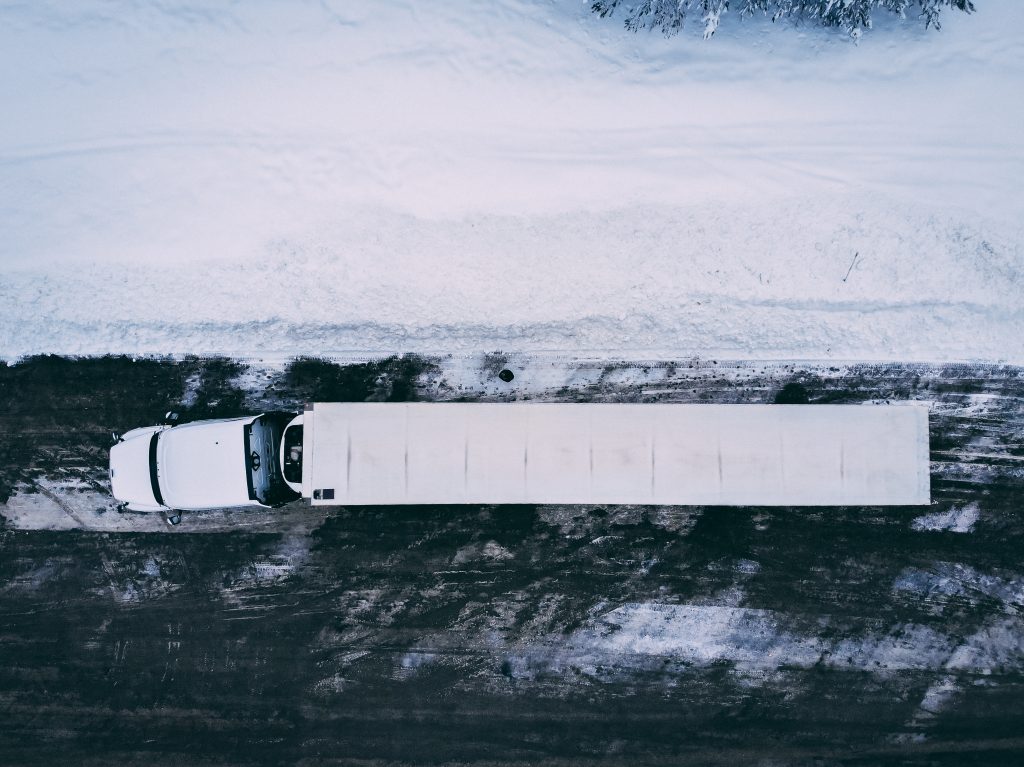
Where do they haul?
Companies may run the lower 48 states, Alaska, Mexico and Canada, or any combination within. If you are from Hawaii then you can’t really stray very far, you are stuck in Hawaii. You need to determine where you are willing to go before you accept any job.
Many companies will list jobs with the following descriptions: dedicated, local, regional and OTR.
Local
Local runs are generally runs that can be completed within the course of one working day (8 – 14 hours). They are generally paid at an hourly or a daily rate, but do not have high miles.
These jobs are ones you have to work for. They are generally reserved for drivers who are experienced, or who have done their time at a company. They also are jobs that not everyone wants due to a high amount of physical labor. These loads may also include drop and hook pay.
Dedicated
Dedicated runs sound just like what they mean to describe. These runs are predetermined, and usually have the same route every time. They have a set pay, and a set amount of miles.
Being on a dedicated route you do the same thing every week which guarantees you a certain pay. Dedicated routes are also usually reserved for drivers that have done their time, due to the fact they are more stable jobs with predictable home time.
Regional
Regional runs usually describes runs that only run within certain areas of the lower 48 states. These areas can usually be described as the North East, South East, Mid West, North West, West, etc.
Companies can divide their regions however it suits their logistics, but these are common designations. You will need to make sure the regional run includes where your home is located.
Over The Road (OTR)
Over the road runs usually describe runs within the lower 48 states. They can also include regions of Canada, Alaska and Mexico, and the ads will state this.
In order to travel into these countries you must pass border patrol protocols. You will also need an up-to-date passport, and pass certain background check criteria in order to haul these loads.
Don’t expect to haul these loads into Mexico or Canada if you can not legally pass the border. Over the road runs also have varying lengths of work time. You can be over the road for a few days, or for several months.
The range is large. The time out depends on the company’s offered position, and criteria to receive home time.
For example, you may earn a day of home time per week over the road, and therefore after 7 weeks over the road you will have earned an entire week of home time.
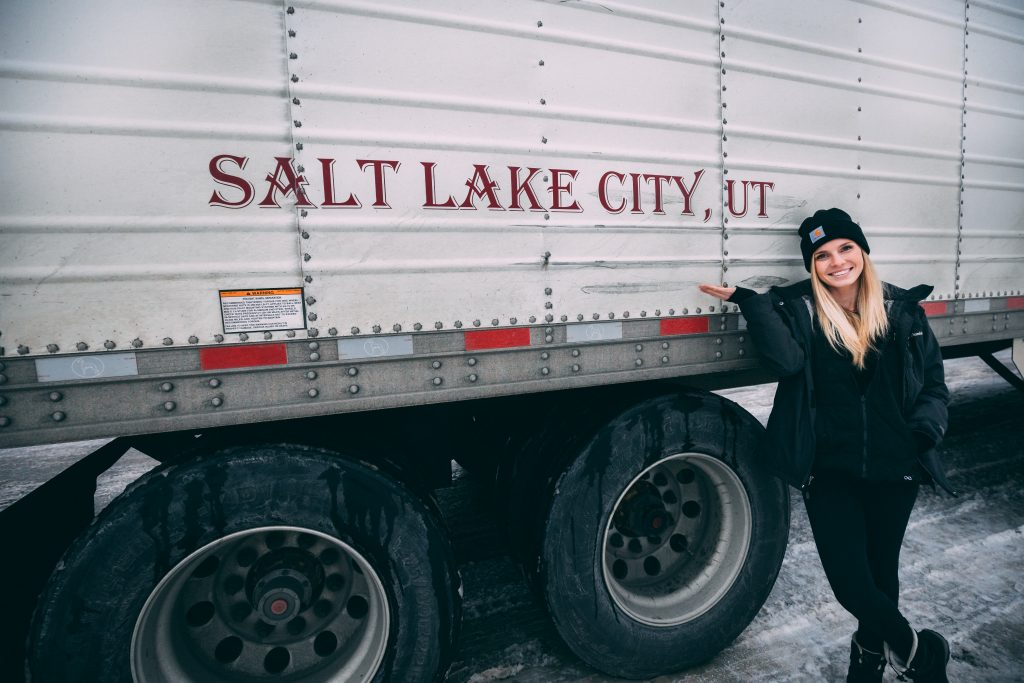
This can be overwhelming and a very stressful time in your career and I sympathize. Take your time when looking into companies and don’t let recruiters pressure you.
If you are going to need to go to trucking school and cannot afford it. Look into my article Choosing A Company Sponsored CDL Program.
There is a lot of information to digest. You should make sure to get a notebook to write down all the information you get from each company. A lot of the information they give you can also be sent to you in an email, so don’t forget to ask for that!
Happy hunting,
Shelby



